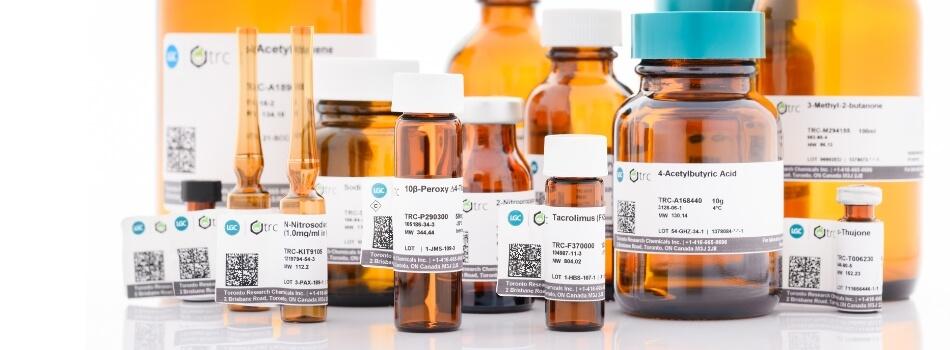In a groundbreaking new study, the Department of Veterans Affairs has announced plans to delve into the potential link between PFAS chemicals and kidney cancer. As concerns over environmental pollutants continue to grow, this research aims to shed light on the potential health impacts of these pervasive and potentially harmful substances. With the health and well-being of our military veterans at stake, this investigation holds the promise of uncovering vital information that could help protect and improve the lives of those who have sacrificed so much for our country.
Overview of PFAS chemicals and their prevalence in the environment
PFAS chemicals have become a growing concern due to their prevalence in the environment and potential health risks. These chemicals, used in various consumer products and industrial processes, have been found to persist in the environment for long periods of time and accumulate in human and animal tissues. PFAS chemicals are known for their resistance to heat, water, and oil, making them useful in a wide range of applications.
Recent studies have raised alarms about the potential link between PFAS chemicals and kidney cancer. The Department of Veterans Affairs (VA) has announced plans to conduct research to further investigate this connection. The research aims to understand how exposure to PFAS chemicals may increase the risk of developing kidney cancer, particularly among veterans who may have been exposed to these chemicals during their service. This study underscores the importance of better understanding the risks associated with PFAS exposure and taking proactive measures to protect public health.
Potential health risks associated with exposure to PFAS chemicals
The Department of Veterans Affairs (VA) has announced plans to conduct research into the potential link between exposure to PFAS chemicals and kidney cancer. This move comes as growing concerns surround the health risks associated with these harmful substances. PFAS, or per- and polyfluoroalkyl substances, have been found in various everyday products such as non-stick cookware, firefighting foam, and water-resistant fabrics.
Studies have shown that prolonged exposure to PFAS chemicals may lead to an increased risk of developing kidney cancer. The VA’s research aims to further investigate this potential connection and provide valuable insights into the dangers of PFAS exposure. With the prevalence of these substances in the environment, understanding the health risks associated with PFAS is crucial for public health and safety.
Impact of PFAS chemicals on kidney cancer development
The Department of Veterans Affairs (VA) has announced plans to conduct research into the potential link between PFAS chemicals and kidney cancer development. This move comes in response to growing concerns about the harmful effects of PFAS chemicals on human health, particularly among military personnel and veterans who may have been exposed to these substances.
The study will aim to shed light on the , as well as explore potential preventive measures and treatment options. By examining the relationship between PFAS exposure and kidney cancer risk, the VA hopes to provide valuable insights that could benefit both current and former service members who may have been affected by these toxic chemicals. Stay tuned for updates on this important research initiative!
Recommendations for minimizing exposure to PFAS chemicals and protecting kidney health
Exposure to PFAS chemicals has been linked to various health issues, including kidney cancer. To minimize exposure and protect kidney health, consider the following recommendations:
- Avoid products containing PFAS: Opt for PFAS-free cookware, clothing, and food packaging.
- Drink clean water: Use a water filter certified to remove PFAS chemicals.
- Choose organic foods: Organic produce typically has lower levels of PFAS contamination.
- Limit fast food consumption: Fast food packaging often contains PFAS chemicals.
In light of the potential risks associated with PFAS exposure, the VA has announced plans to research the connection between PFAS chemicals and kidney cancer. This research aims to provide valuable insights into how these chemicals may impact kidney health and inform strategies to protect veterans and the general population from potential harm.
Concluding Remarks
as the Department of Veterans Affairs embarks on this groundbreaking research to investigate the potential link between PFAS chemicals and kidney cancer, the hope is that we may gain valuable insights that could impact the health and well-being of veterans and civilians alike. By shedding light on this potential connection, we move one step closer towards understanding and mitigating the effects of these pervasive chemicals on our health. Stay tuned for further updates on this significant study and its implications for public health.


